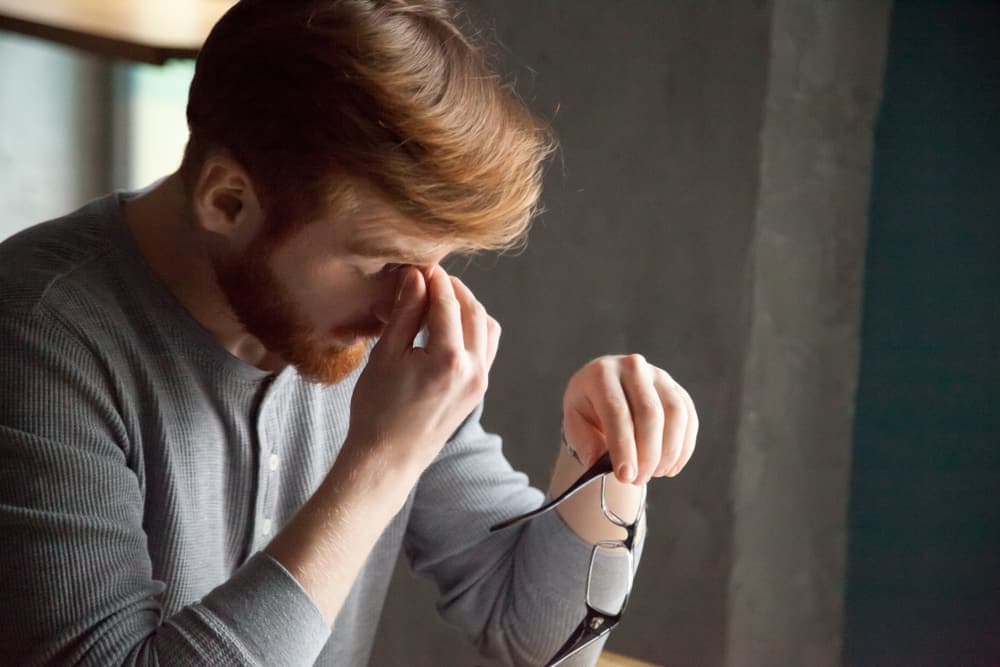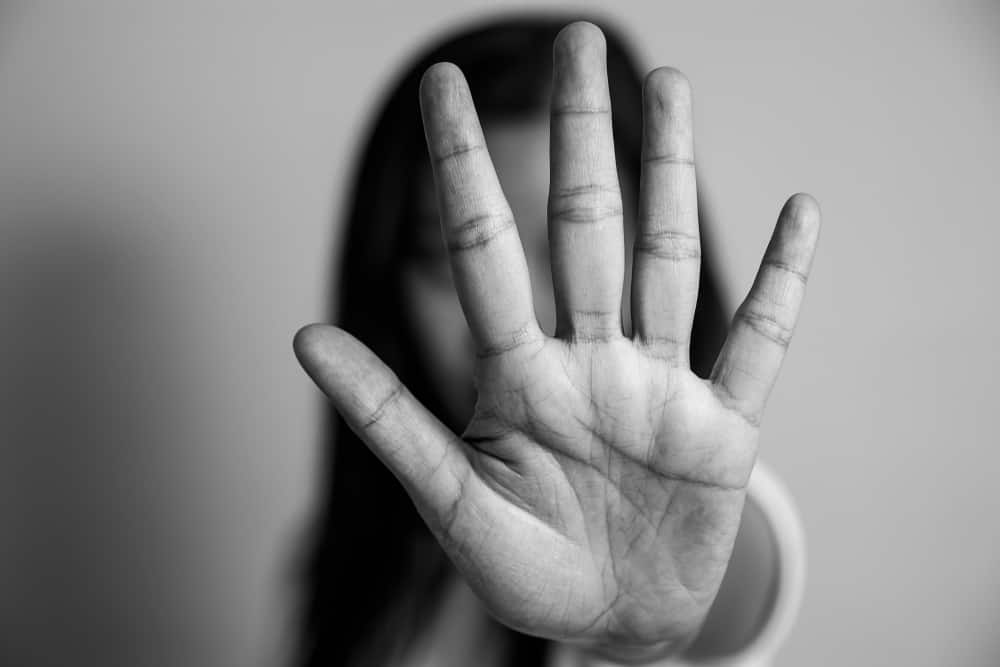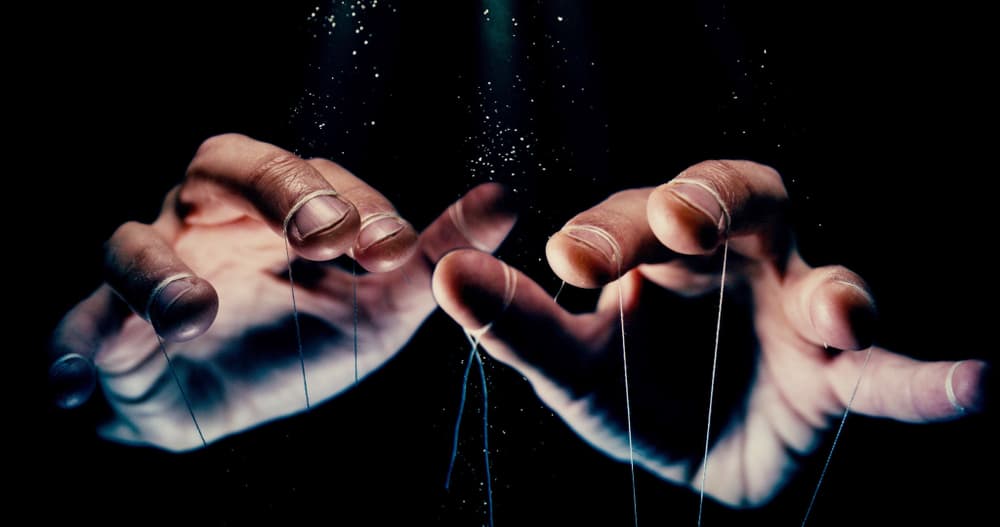How do you define evil? Each religion has its own definition, along with various ways to spot and counteract these hostile forces. Evil and evil characters even appear in books and movies. These individuals possess great power and use it not to help people but rather to harm them. Evil people are in the business of using force to amass even more power. Moreover, they do it by striking down anyone who stands in their way. Fiction depicts evil people to make it easy to distinguish between them and the good protagonists. Their darkness and degeneration of spirit are not up for debate. Instead, it is there for everyone to see.
However, in reality, toxic people are not easy to spot. They do not reveal their motives beforehand because they want to avoid detection. They are masters of disguise and blend into a canvas of people without any difficulty. These evil people are not like the people from the stories. No, they do not have plans for world domination or destruction. What makes them wrong is their distinct lack of empathy for other people. That is not to say that they are sociopaths or psychopaths. Instead, they use and betray people. Furthermore, they do it without caring how a person is hurt in the process. Here are some ways to spot evil people who do not have your best intentions at heart.

25. They Demand Constant Validation
Anyone who has ever had a friend who needed constant validation knows just how exhausting it can be to reassure and build them up 24/7. Needing constant validation and approval is an incredibly draining trait. It can become toxic, especially if that validation comes at the expense of your energy or, even worse, continually having to put others down to raise them. If you have a friend or partner who constantly puts down others around you in an attempt to lift themselves, it is likely only a matter of time before that negativity turns to you as well.

While we all need validation and encouragement sometimes, especially when we are feeling down, there is a noticeable difference in those who require approval and verification nearly every moment of the day. Some people do have mental health issues that make a need for validation more likely, which isn’t necessarily toxic, but for others, it’s merely the fact that they thrive off of constant praise from others as it feeds their ego. That sense of grandiosity and need for recognition is a very strongly toxic trait and one that can quickly end up hurting you or others as they constantly look for more and more validation.

















































